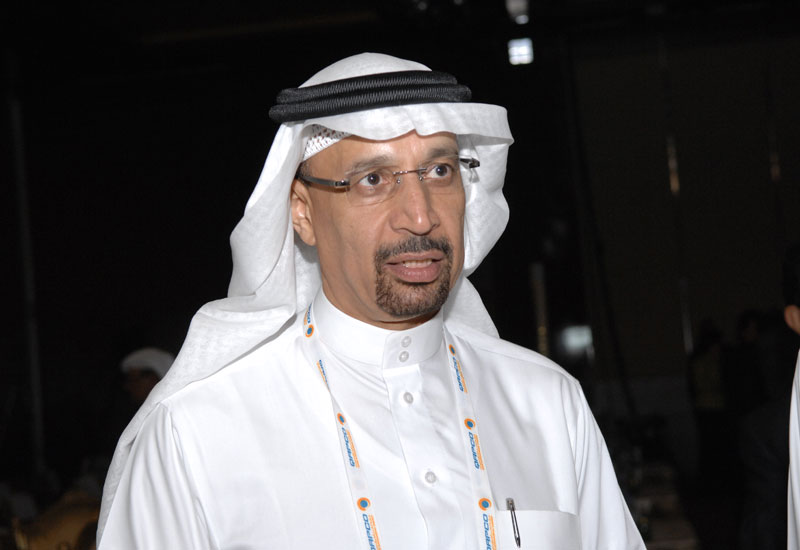Khalid A. Al-Falih, president and CEO of Saudi Aramco, delivered the keynote speech “Addressing the Real Sustainability Challenge” at the recent International Energy Forum (IEF) NOC-IOC Forum in Paris, France.
In his speech, Al-Falih addressed evolving economic trends and the need to rebalance the global economy to regain stability and promote sustainable growth. He added that central to this is a holistic view of the ultimate sustainability of energy and business, and that includes the promotion of enhanced living standards, social progress and environmental protection as well as profitability, a critical factor to meet the other obligations.
Events around the world, political and social, or even catastrophic such as the unfortunate disasters in Japan are pointing towards a world that’s constantly changing and becoming increasingly interdependent, Al-Falih noted in his address.
Despite the changing global and economic landscape, Al-Falih cautioned against short term solutions for long term challenges, and urged the energy industry to stay the course for the long haul.
“The day-to-day gyrations of the petroleum markets and the news feed rolling across our TV screens should be viewed in perspective and kept in context. So while it is imperative that we demonstrate short-term agility, it would be a mistake to overreact to events in a manner that throws us off course from our future goals,” he said.
Al-Falih noted that as societal changes occurred and expectations for greater prosperity—especially in the developing world–increase, the petroleum industry needs to evolve from being mere producers, suppliers, refiners, traders and marketers of oil and gas to doing more to enable sustainable economic and social progress.
“It is increasingly apparent that people the world over are willing to grant the energy and oil industries—and in fact, any industry—a social license to operate only if their business activities have a wider and more positive ripple effect in the markets and communities where they conduct their business,’’ Al-Falih said in his address.
The paradigm NOCs and IOCs are now using to meet these broader objectives and commitments requires the use of different benchmarks to better optimize capital, time, technological and human resource investments.
“There are no more easy rides, and no more free lunches to be had—neither for NOCs nor IOCs,” Al-Falih said. “In my view, true energy sustainability should be treated as an all-encompassing concept including a wide range of energy, economic, social, technological, and of course environmental priorities.”
Calling for pragmatic solutions to the world’s energy challenges, Al-Falih said the needs of producers and consumers can be further aligned to create outcomes that are acceptable in serving the interests of both the energy industry and societies and communities around the world.
“The optimal roles of various NOCs and IOCs still need to be thoroughly thought through, based on their aspirations, competitive positions, various capacities and available opportunities—as well as a better understanding of a future energy world certain to comprise conventional and unconventional oil and natural gas, clean coal, renewables and alternative sources of energy.”
A collaborative approach between NOCs and IOCs can help in ensuring the adequacy, affordability and acceptability of energy supplies to meet the rising demands of a growing world population, while maintaining industry profitability, he added.
Sharing Saudi Aramco’s success in collaborative partnerships with other petroleum companies and service providers, Al-Falih said: “Saudi Aramco is a strong believer in capitalizing on such mutually beneficial collaborative opportunities, and we are proud of our partnerships with both multinational firms and fellow NOCs in the Kingdom and abroad, and in sectors ranging from natural gas to refining, marketing, retailing and petrochemicals.”
In his closing remarks, Al-Falih said: “There are many variables and unknowns ahead and there will be both welcome and unwelcome surprises that lie in wait. But one thing is certain: the oil business of the future will not be like that of the past, any more than the expectations of the societies we serve will resemble the needs and desires of previous generations.”





